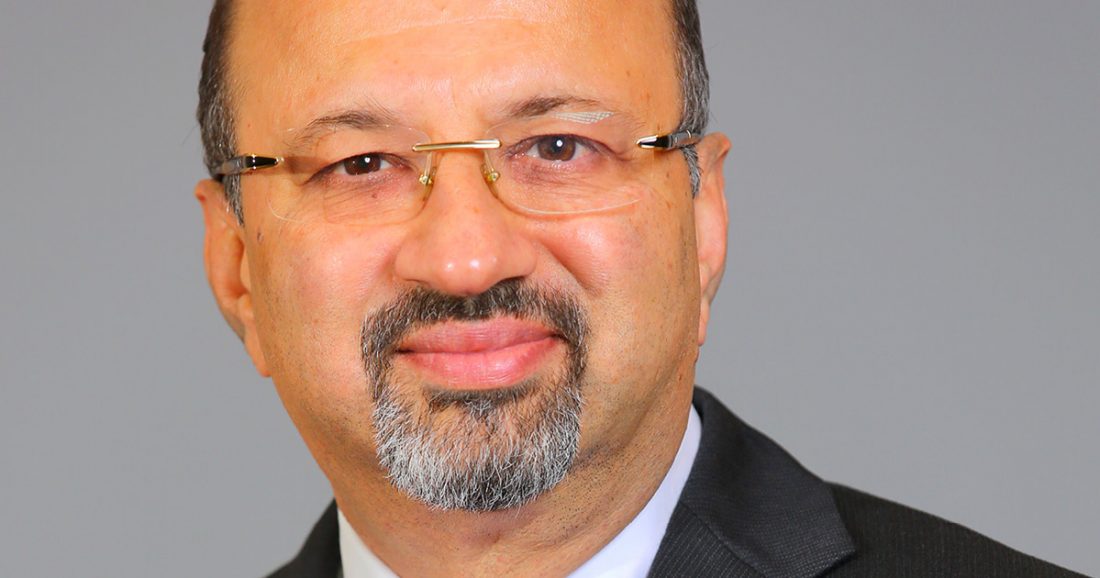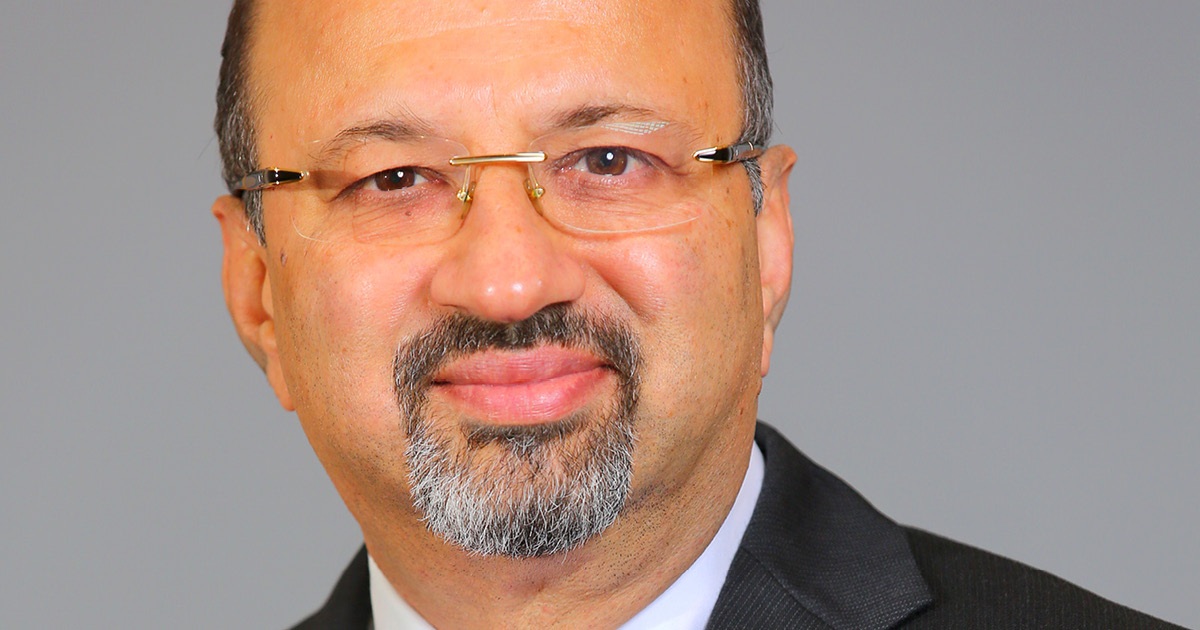In the three decades since inception, Ravish Kamath has transformed Big Bags International (BBI) from a modest startup into a global powerhouse. He has donned several roles from providing hands-on training to shop floor staff to conquering international markets with flexible intermediate bulk containers (FIBC), a revolutionary product for India.
Among his many successes, Kamath has steered the company toward in-house production of all the components used in the manufacture of FIBC and adopted top-tier sustainable practices, all while navigating countless challenges with grace.
“The focus has always been on products of high quality and timely delivery,” Kamath says. “This success is thanks to our dynamic young team, with most employees aged between 30 and 45. At 62, I’m probably the oldest here. I attribute our success to their hard work and energy.”
Modest roots
When Kamath founded BBI in 1993, bulk containers were an entirely new concept in India.
“At that time, technology was rudimentary, and we relied heavily on imports for raw materials. The early years were definitely challenging,” Kamath recalls.
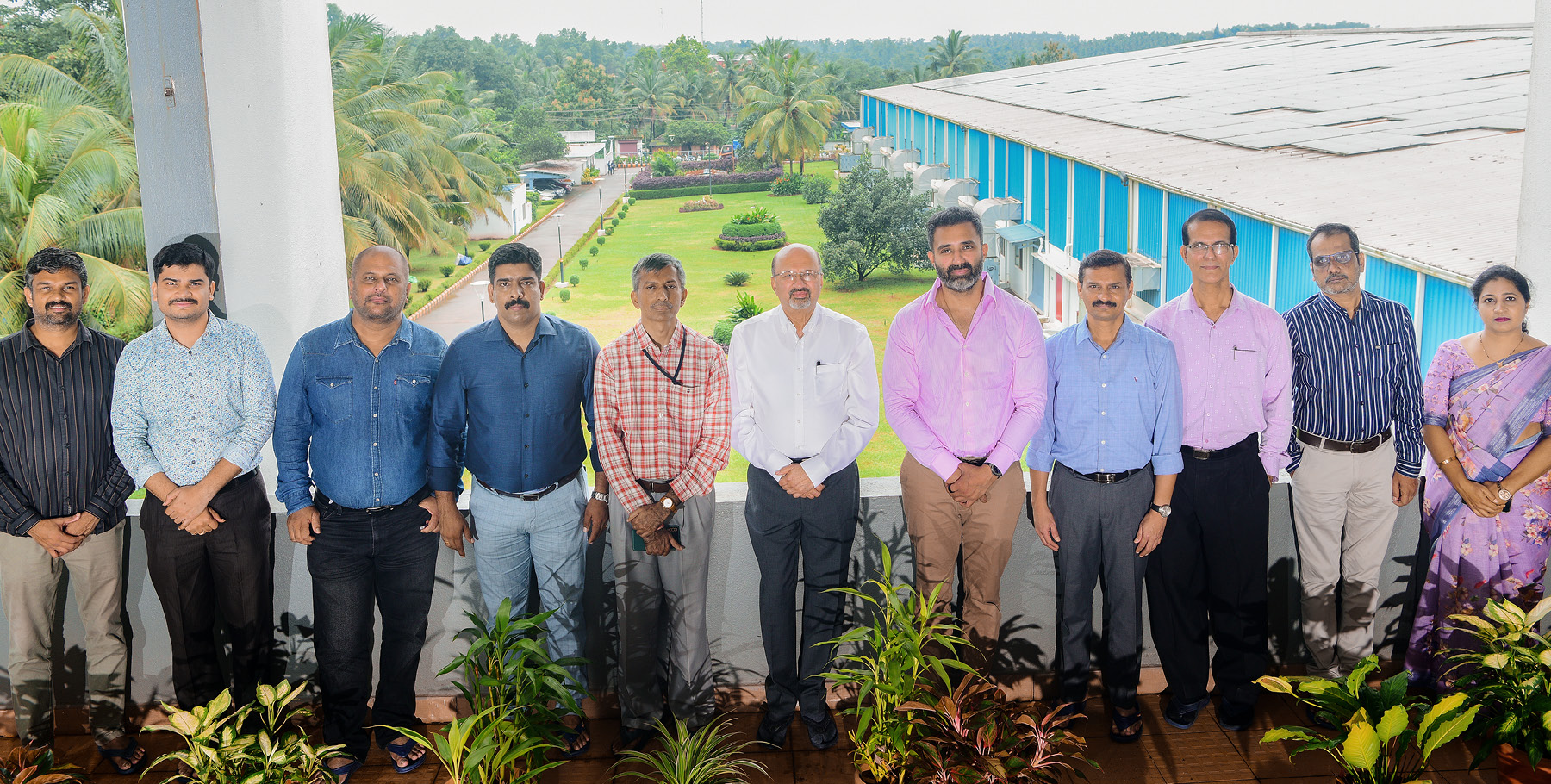
“We focused on not only training our people effectively but also on retaining them.”
Now, the scene is different.
“Today, we export 98 percent of the products we manufacture,” Kamath says with pride.
This achievement is the result of a long and focused journey.
“From the very beginning, our emphasis has been on exports. This required us to adopt the best technology and source quality raw materials. Over the last 30 years, our primary focus has been on mastering our products and consistently delivering exceptional value to our international customers.”
Made in India
Kamath chose to enter the FIBC product line even though it was relatively unknown in India at the time, because of its labor-intensive nature.
“Places like North America, Europe, Australia and Japan have high labor costs, creating a strong demand for our products. India is well-positioned to meet this need,” Kamath explains.
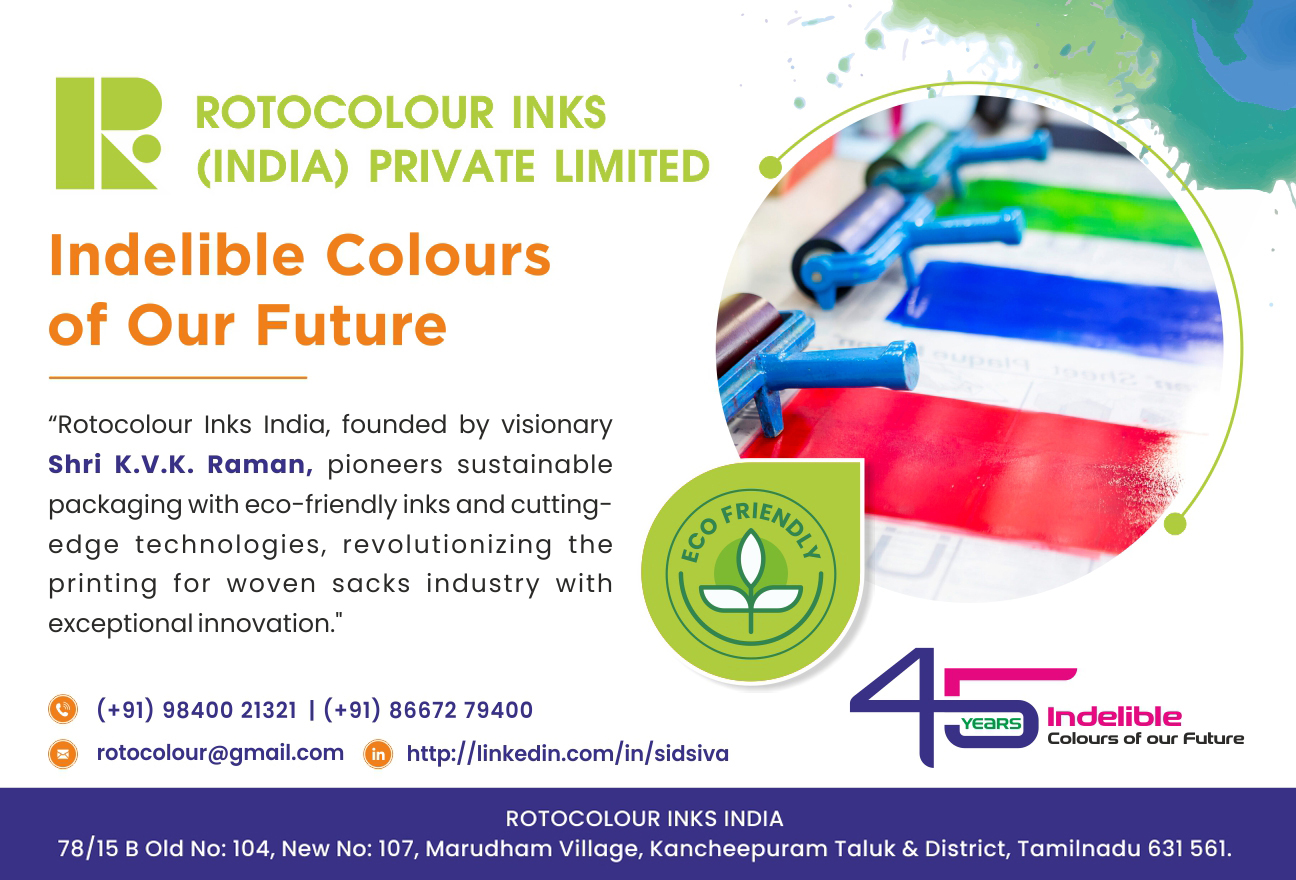
Advertisement
As a labor-oriented business, the immediate priority was to train the workforce and emphasize the importance of maintaining high-quality standards.
“We focused on not only training our people effectively but also on retaining them. Today, we take pride in our highly skilled and well-trained team, which can produce the bags according to the customer’s requirements and deliver qualitative products on time,” he says.
Over the years, BBI has expanded its facility to over 15 hectares of space and plans to increase production by 50 percent in the next two years, with new products in the pipeline.
“We are extremely strong in North America, Europe and Australia. Now, we are focusing on new areas like Japan and South Korea,” Kamath adds.
Best practice
Kamath has high aspirations for BBI’s commitment to adopting the best sustainability practices, especially given its focus on plastic production.
“Many countries are moving toward a circular economy, requiring us to incorporate 30 percent of post-consumer waste into our products,” he explains. “At BBI, we have conducted extensive research and are now capable of producing our FIBCs using 100 percent recycled polymers for customers who demand such eco-friendly solutions.”
Apart from green production practices, BBI has also implemented sustainable operating processes.
“We get 97 percent of our power from renewable sources through our rooftop solar implementation and captive solar power purchase,” he says.
“The combination of four strategies – reduction of labor through automation, reduction of power costs, reduction of wastage and finally efficient material purchasing, have greatly improved our capacity utilization and cost management.”
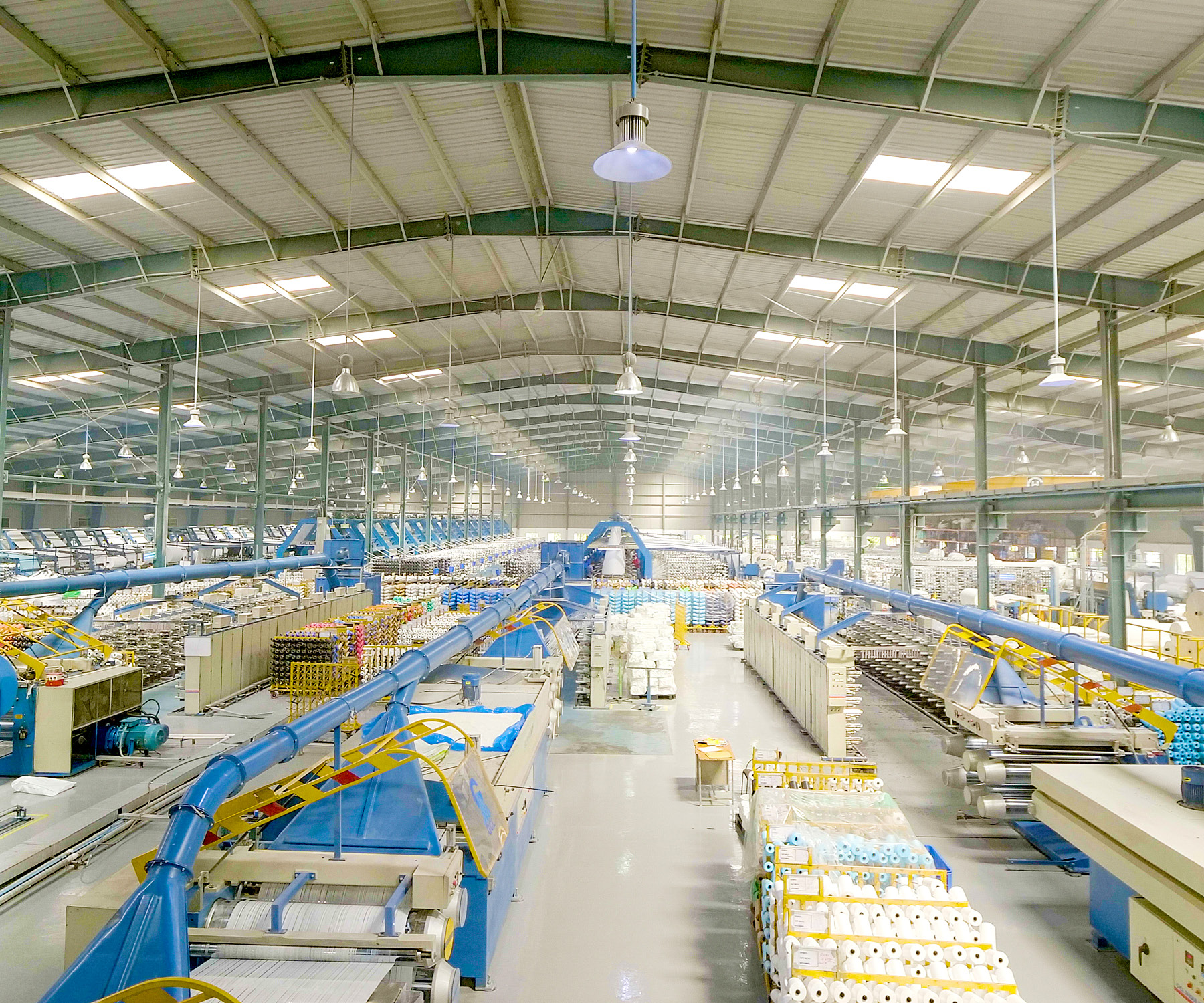
“Over the last 30 years, our primary focus has been on mastering our products and consistently delivering exceptional value to our international customers.”
BBI has initiated another vital measure to ensure standardized quality and timely delivery of products.
“In keeping with our long-term goal of getting the production on time and delivering to customers as promised, we invested in producing all inputs used for the finished product in-house. Now, we have better control over the product quality and the time we take to deliver,” Kamath says.
When there is so much emphasis on quality and time, it’s no wonder that the company has an amazing record of 97 percent on-time delivery.
The quality is spoken for by numerous awards, including recognition as a top exporter by the Plastic Export Promotion Council of India.
“We’ve also received accolades from the Federation of Karnataka Chambers of Commerce & Industry, and other associations for our performance,” he reveals.
This success is due to effective training, teamwork and strong people management. Kamath also credits reliable suppliers for helping BBI meet its on-time delivery targets.
“With a workforce of 3,000, a steady supply of raw materials is essential for uninterrupted production,” he says. “Suppliers like Rotocolour Inks and Reliance Petrochemicals make this efficiency possible.”

